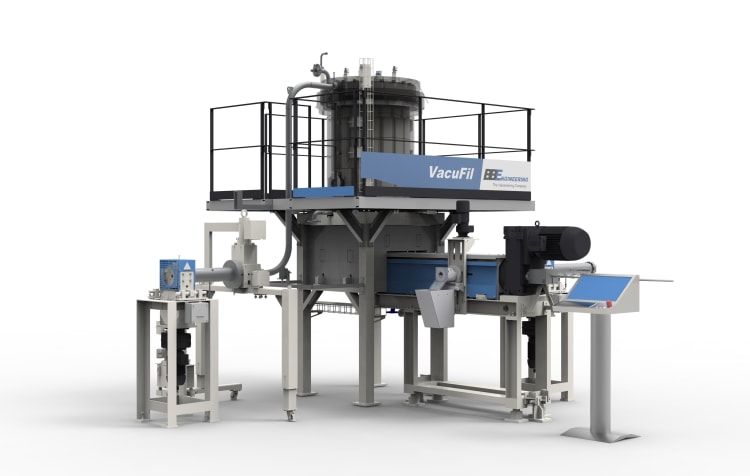
Sustainable handling of natural resources is a global task, something that needs to be addressed now and not just in the future. This relates in particular to the further development of the circular economy for post-consumer or post-production waste. For this reason, the recyclability of PET products made by the manmade fiber industry is attributed special significance. Modern resource-friendly packaging would not be conceivable without manmade PET fibers and commodities generally made from chemicals, such as beverage bottles, cleaning materials, etc. As a raw material that is – along with polyolefins and polyamide – such a dominant raw material, it is essential that polyester is also recycled.
For PET bottle material, the recycling of polyester materials and the possibilities for converting the waste into new high-end products within the polyester filaments, fibers and nonwovens market are state-of-the-art. Across the globe, consumers in the markets are demanding sustainable products and the careful utilization of resources – increasingly in the textile sector as well.
Leading fashion companies, sports apparel and furniture manufacturers and the automobile industry, i.e. for car seats and interior cladding components, are increasingly focusing on sustainable products and products made from recycled materials. Today, they are already telling suppliers of filaments, fibers and nonwovens that they will be switching from exclusively virgin polyester to recycled polyester – in some cases up to 100 percent – for the manufacture of their textile products in the near future. Consumers’ social awareness has been the trigger for this development.
The original idea – namely to manufacture sub-premium goods using recycled polyester raw material, i.e. for use in insulating materials – is short-sighted from today’s perspective. Recycled polyester has long been prevalent within the high-end textile segment. Viewing polyester as a valuable resource rather than as waste is an important and proper development.

Visco+ filter components – the heart of the BB Engineering’s VacuFil recycling system
Manmade fibers and filaments made from recycled bottle flake material require corresponding single-variety collection or pre-sorting of the bottle material being recycled and comprehensive cleaning before they are shredded into polyester flakes. It is then possible to spin these flakes directly into POY filaments (DTY in the downstream process), staple fibers, nonwovens and BCF endless filaments. Today, the technology is so refined that the products achieve a quality standard that corresponds to virgin material in many applications.
However, there are also many cases in which the material quality and/or property achieved does not comply with the market requirements. For numerous textile applications, parameters such as viscosity and homogeneity are crucial and must be subject to virtually no fluctuations. In other words, to enable recycled polyester to be used here in the first place necessitates its pretreatment. And this is carried out by the VacuFil recycling process, a BB Engineering GmbH development. The VacuFil enables the manufacture of extremely homogeneous, viscosity-stable rPET melt and hence a precisely definable and reproducible raw material for downstream processes (i.e.spinning plant). As a manufacturer of components and systems for producing manmade fibers, BB Engineering (BBE) is familiar with the dire impact that even the smallest viscosity deviation has on the spinning plant process. With the VacuFil, the company has succeeded, depending on the intended end application, in aligning the melt with the process in a targeted manner. Macroand microscopic melt homogeneity is achieved by means of homogenization drying, controlled plasticizing, gentle filtration and controlled vacuum degassing.
In the downstream processes, the melt can either be first granulated or fed directly into the end product’s manufacturing process. Recycled polyester, produced using the BBE VacuFil process, can even be used for more challenging downstream processes, including the manufacture of FDY filaments, for example. Here the material is subjected to extreme loads throughout the entire manufacturing process. In the FDY single-stage process, the filaments are drawn and taken up at speeds of up to 4,500 m/min.
BBE is headquartered in Remscheid/Germany and is a joint venture between Brückner Group GmbH, the world market leader for machines for the polyester foil industry and headquartered in Siegsdorf/Germany, and Oerlikon Textile GmbH & Co. KG, the world market leader for systems for the manmade fiber industry and headquartered in Remscheid/Germany. BBE is a pioneer in the development of processes for using recycled materials, particularly polyester flakes, and converting them into contemporary, market-appropriate products for filaments, fibers and nonwovens for manmade fiber industry consumers.


